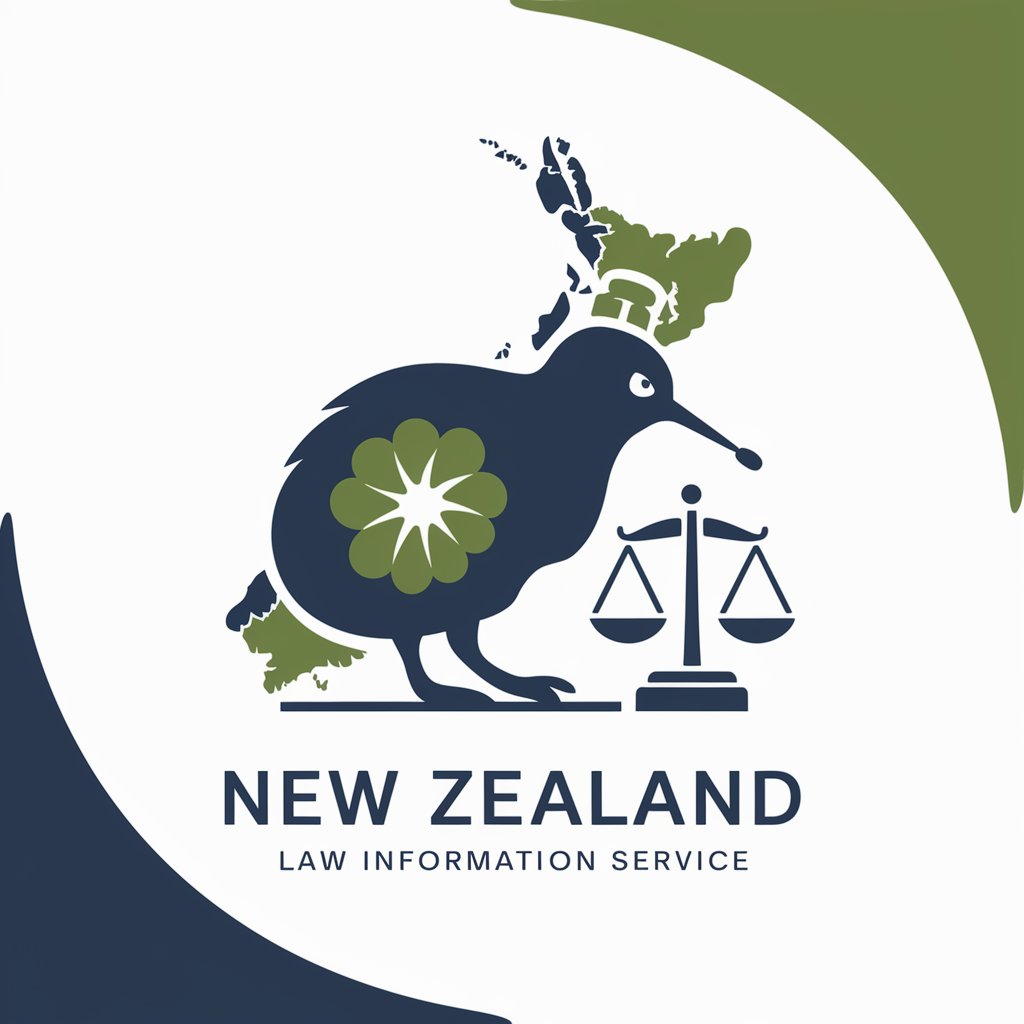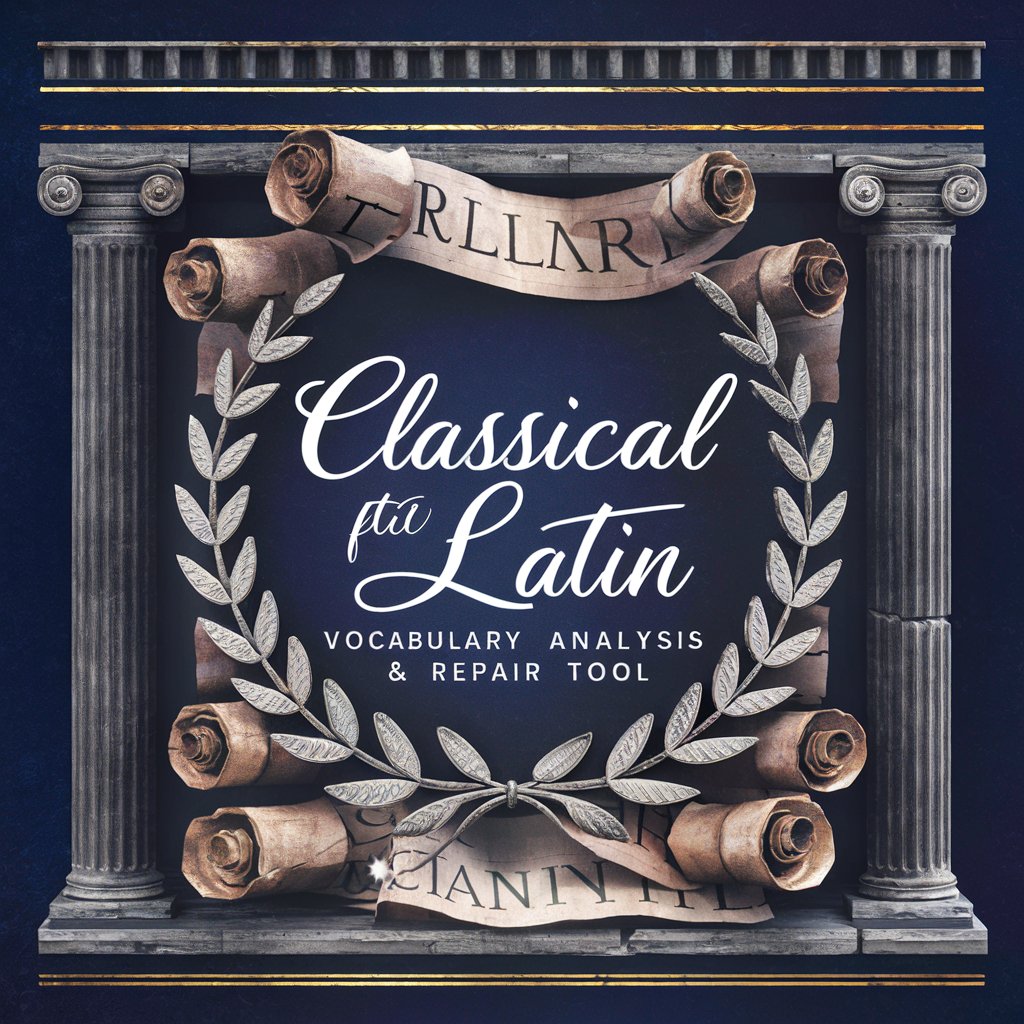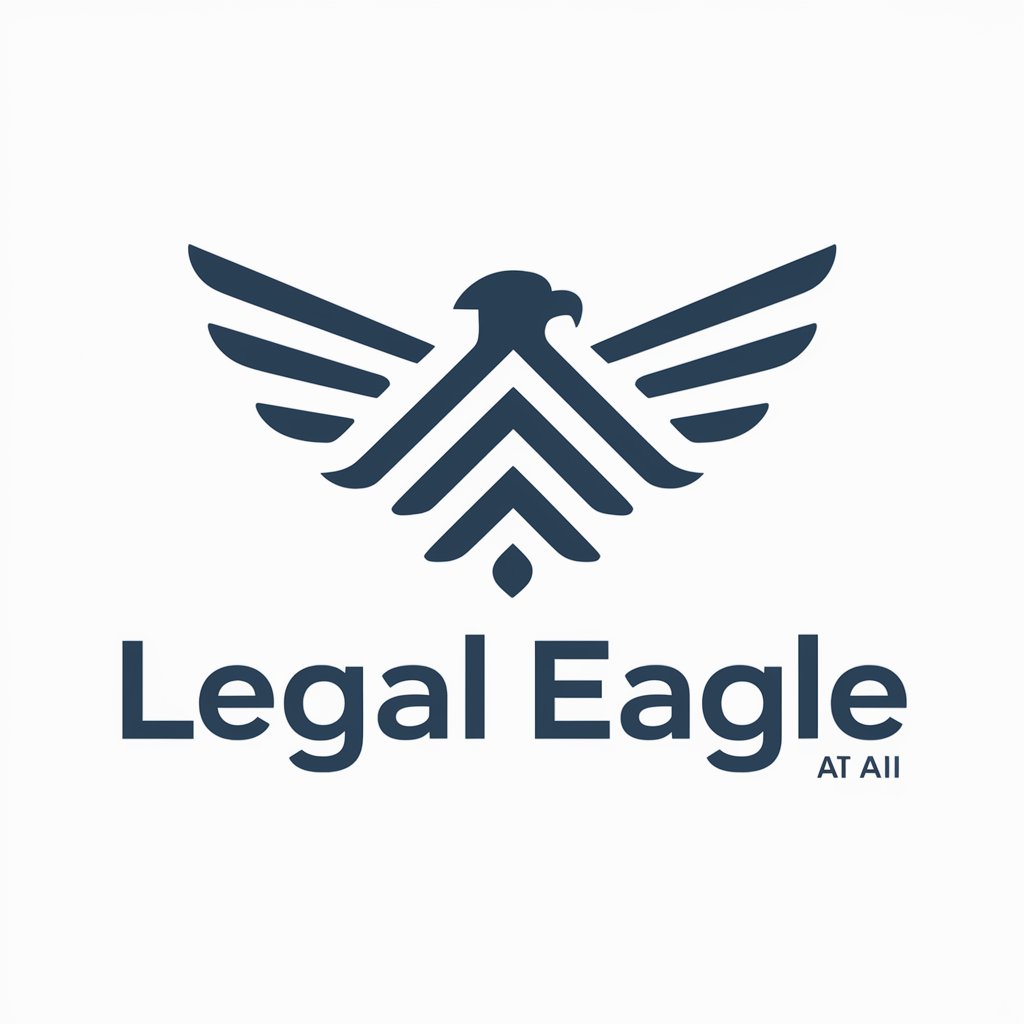
New Zealand law - New Zealand Law Insights

Hello! How can I assist you with New Zealand law today?
Demystifying New Zealand Law with AI
Can you explain the main provisions of the Land Transport Act 1998?
What are the key regulations under the Health and Safety at Work Act 2015?
How does the Employment Relations Act 2000 address workplace disputes?
What are the responsibilities of landlords under the Residential Tenancies Act 1986?
Get Embed Code
Understanding New Zealand Law
New Zealand law encompasses the statutes, regulations, and legal precedents that govern the behavior of individuals, organizations, and government entities within New Zealand. Rooted in the principles of British common law, it also incorporates unique local customs and treaties, notably the Treaty of Waitangi. Its design aims to maintain order, protect individual rights, ensure justice, and promote social and economic welfare. An example illustrating its function is the legal process for resolving disputes, whether through the courts, mediation, or tribunals, ensuring fairness and justice in interpersonal and organizational conflicts. Powered by ChatGPT-4o。

Main Functions of New Zealand Law
Regulating conduct
Example
The Crimes Act 1961 defines criminal offenses and penalties, guiding societal behavior by outlining what constitutes unlawful actions, such as theft or assault, and the consequences thereof.
Scenario
A case of burglary is adjudicated based on the provisions in the Crimes Act 1961, with the court determining guilt and appropriate sanctions.
Protecting rights and freedoms
Example
The New Zealand Bill of Rights Act 1990 affirms and protects individual rights and freedoms, such as the right to freedom of expression and the right to a fair trial.
Scenario
A journalist's right to freedom of expression is defended in a legal challenge over the publication of sensitive information, balancing this right against national security interests.
Regulating businesses and commerce
Example
The Companies Act 1993 provides a framework for the creation, operation, and dissolution of companies, including governance, financial reporting, and duties of directors.
Scenario
A dispute over the responsibilities of company directors is resolved by referring to the governance rules established in the Companies Act 1993.
Managing resources and environment
Example
The Resource Management Act 1991 outlines the process for sustainable management of natural and physical resources, including land, water, and air quality management.
Scenario
A community group challenges a proposed development project, citing non-compliance with environmental standards set forth in the Resource Management Act 1991.
Ensuring workplace safety and fairness
Example
The Health and Safety at Work Act 2015 sets out the principles, duties, and rights associated with workplace health and safety, aiming to prevent workplace injuries and illnesses.
Scenario
Following a workplace accident, investigations and legal proceedings reference the Health and Safety at Work Act 2015 to assess compliance with safety standards.
Ideal Users of New Zealand Law Services
Individuals seeking justice or protection
This group includes anyone who believes their rights have been infringed upon or who seeks redress for a wrong done to them, such as victims of crimes, parties in civil disputes, or individuals challenging government actions.
Businesses and organizations
Companies, non-profits, and other organizations need to navigate the regulatory landscape, comply with legal obligations, and resolve disputes, requiring a clear understanding of laws like the Companies Act and the Employment Relations Act.
Legal professionals and scholars
Lawyers, judges, legal researchers, and students who require an in-depth understanding of legal principles, precedents, and new developments to practice law, adjudicate cases, or contribute to legal scholarship.
Government and policy makers
Officials and legislators involved in the drafting, interpretation, and enforcement of laws need to understand existing legal frameworks to ensure policies are effective, enforceable, and just.
General public with interest in legal knowledge
Citizens seeking to better understand their rights and obligations under the law, whether for personal empowerment, to engage in informed civic discourse, or to make knowledgeable decisions in their daily lives.

Guidelines for Using New Zealand Law GPT
Initiate Your Journey
Start by accessing a platform that allows interaction with AI-driven New Zealand law resources, such as a dedicated legal AI website offering a free trial without requiring a login or subscription to ChatGPT Plus.
Identify Your Legal Area
Pinpoint the specific area or issue within New Zealand law you need assistance with, such as employment law, health and safety regulations, or residential tenancies, to ensure focused and relevant guidance.
Engage with the Tool
Interact with the tool by asking specific, detailed questions or presenting scenarios to get precise, contextually relevant legal information and guidance based on New Zealand statutes and regulations.
Analyze Responses
Carefully review the provided information, considering how it applies to your situation or query, and use it to inform your understanding or decision-making process, acknowledging that the guidance is not a substitute for professional legal advice.
Further Research and Action
Supplement the insights gained with your own research or consultation with a legal professional, especially for complex legal issues or significant decisions, to ensure comprehensive understanding and appropriate action.
Try other advanced and practical GPTs
Customs Advisor
AI-Powered Customs and Trade Compliance Tool

JailbreakGPT
Unlocking ChatGPT's Full Potential

Viral Video Coach
Craft Viral Videos with AI

Cardio Rhythm Analyst (CRA)
Revolutionizing Cardiology with AI-Powered ECG Interpretation

Nathan GPT
Empowering Biochemistry Understanding with AI

Classical Latin Analysis & Repair Tool
Refining Latin Texts with AI Precision

Outing Owl
Explore, Discover, Experience - Powered by AI

Outing Planner
Explore Smarter, Not Harder

3D Creator Hub
Empowering Creativity with AI-Powered Design

ServSafe Tutor
Master Food Safety with AI Assistance

Global DNS Network Guru
AI-powered Network Intelligence

Legal Eagle
Your AI-powered Irish legal guide.

Detailed Q&A about New Zealand Law GPT
How can this tool assist with understanding the Residential Tenancies Act 1986?
The tool provides detailed explanations, interpretations, and potential implications of various sections within the Residential Tenancies Act 1986, aiding users in understanding their rights and obligations under this legislation.
Can this GPT help with compliance queries related to the Health and Safety at Work Act 2015?
Yes, the tool offers insights into compliance requirements, duties of various stakeholders, and implications of non-compliance with the Health and Safety at Work Act 2015, helping users navigate health and safety obligations in the workplace.
Is it possible to get guidance on employment disputes through this tool?
The tool can provide general guidance on handling employment disputes, including referencing applicable laws like the Employment Relations Act 2000 and suggesting standard procedures or steps for resolution, while advising consultation with a legal professional for specific cases.
How can the tool assist with academic research on New Zealand law?
For academic purposes, the tool can help identify relevant laws, cases, and scholarly articles, explain legal principles and terminology, and offer insights on various legal topics, enhancing research depth and breadth.
Can this tool provide updates on recent changes in New Zealand law?
While the tool can offer general information on recent legal changes based on its last update, it is essential to cross-reference with the latest legal resources or official updates for the most current information.
